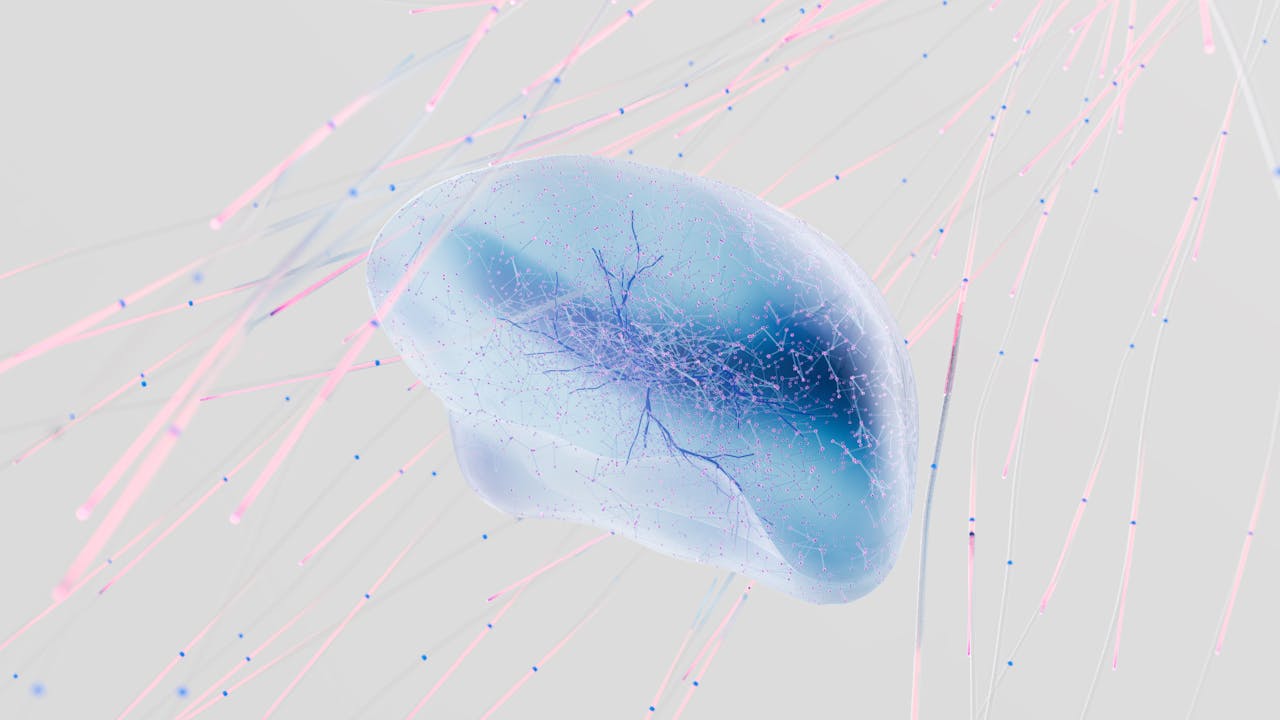Mental Health
Spinach Can Cut the Risk of Colon Cancer: Study
A new study has shown that spinach, many people's favorite cartoon character Popeye's energy food, does a lot more good than providing iron. The study says that the green leafy vegetable is also effective in reducing the risk of colon cancer.
The study conducted by researchers at Oregon State University found that eating spinach could cut down the damaging effects of a carcinogen found in cooked meat.
During the study conducted on laboratory animals, spinach was found to cut down the incidence of colon tumors by half.
"Cancer development is a complex, multi-step process, with damaged cells arising through various means," researcher Mansi Parasramka was quoted as saying by Mail Online.
"This study showed that alterations of microRNAs affect cancer stem cell markers in colon cancer formation. MicroRNAs are very small factors that do very big things in cells," she said.
Although cancer is believed to be caused by changes in DNA sequence, or mutations, which allow uncontrolled cell growth, it seems that epigenetics also play an important role.
Epigenetics are factors such as diet, environmental toxins, and lifestyle which affect the expression of genes in cancer, cardiovascular disease, diabetes, and neurological disorders, says the report.
Included in this epigenetic equation is the formation of microRNAs. If MicroRNAs do not work right, they cause problems such as abnormal gene expression, leading to cancer.
"Unlike mutations which are permanent genetic changes in DNA, the good news about epigenetics and microRNA alterations is that we may be able to restore normal cell function, via diet and healthy life style choices, or even drug treatments," Professor Rod Dashwood said.
Epigenetics are responsible for making a person biologically unique from others, including identical twins, Dashwood said.
The findings of the study would be helpful in understanding microRNAs and their effects on cancer stem cells, and the regulatory processes disrupted in disease development, the OSU scientists said according to the report.
This could also lead to "patient specific" therapies for cancer, according to Dashwood.
The research at OSU's Linus Pauling Institute was recently reported in the journal Molecular Nutrition and Food Research, in work supported by the National Institutes of Health.









Join the Conversation